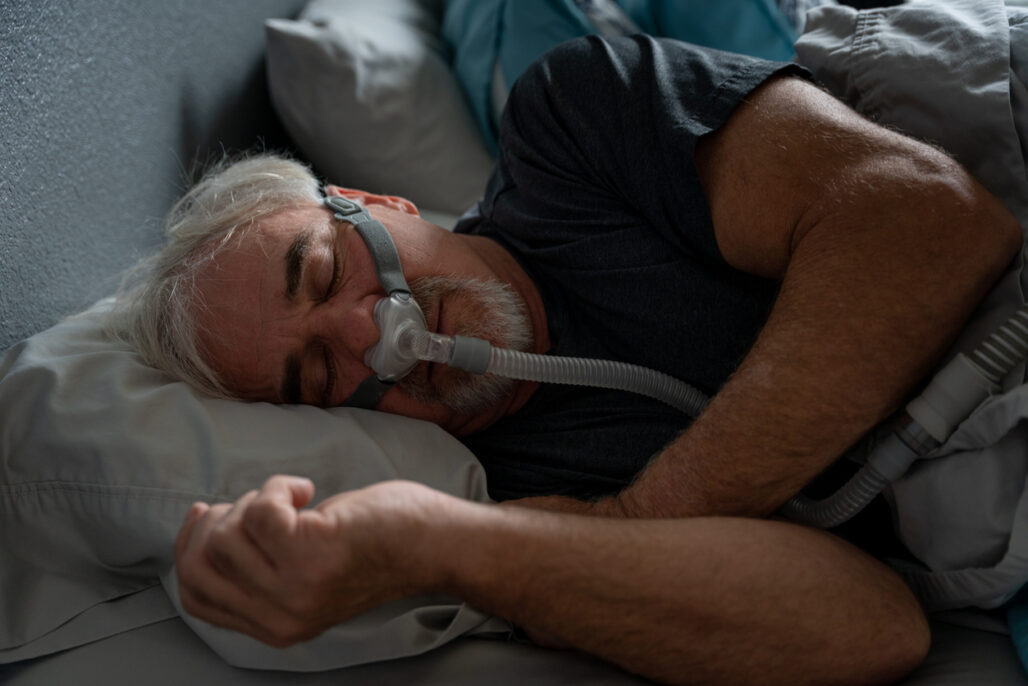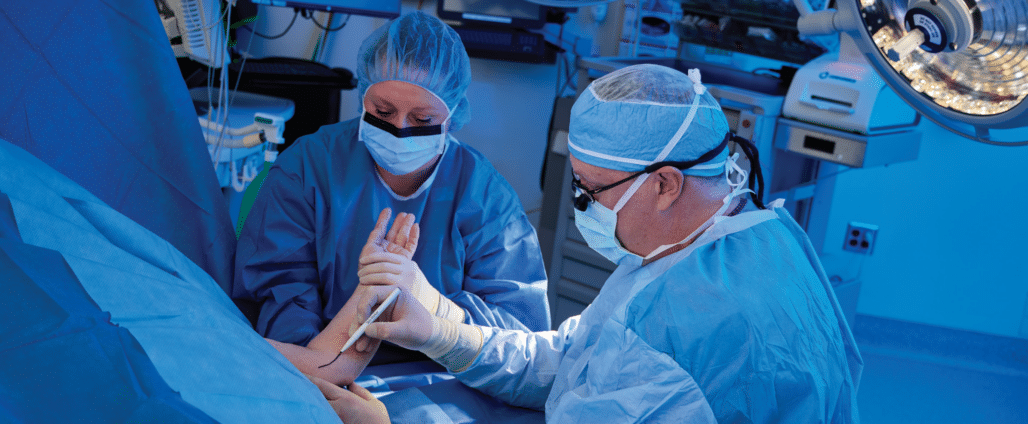Symptoms of obstructive sleep apnea can include:
- Snoring
- Night sweats
- Headaches
- Daytime sleepiness or fatigue
- Restlessness during sleep
- Sudden awakenings with a sensation of gasping or choking
- Dry mouth or sore throat upon waking
- Forgetfulness, trouble concentrating, or irritability
Treatment
Put your sleep apnea to bed! Options to treat obstructive sleep apnea are:
- Dental appliance. This option is most appropriate for snoring without sleep apnea and mild sleep apnea. Dental appliances prevent the tongue from blocking the throat, which helps to keep the airway open during sleep.
- Continuous Positive Airway Pressure Device (CPAP). These devices are most often used to treat moderate or severe sleep apnea. A CPAP device ensures the individual is breathing a continuous stream of air with enough pressure to keep the upper airway passages open.
- Surgery. This option is most often used to treat moderate or severe obstructive sleep apnea. There are several surgical options which can be performed to increase airflow for individuals while sleeping. Talk with your provider about what surgical options may be best for you.
Sleep Apnea Primary Service Area
Our primary service area is McLeod County, Minnesota including: Biscay, Brownton, Glencoe, Hutchinson, Lester Prairie, Plato, Silver Lake, Stewart, and Winsted. We also service parts of Sibley County, including: Arlington, Gaylord, Green Isle, New Auburn, and Winthrop, as well as the western part of Carver County, including: Hamburg, Norwood, and Young America, and part of Renville County, including: Buffalo Lake.





